Straight To Your Head
Thirty seconds after your first sip, alcohol races into your brain. It slows down the chemicals and pathways that your brain cells use to send messages.
That alters your mood, slows your reflexes, and throws off your balance.
You also can’t think straight, which you may not recall later, because you’ll struggle to store things in long-term memory.
Your Brain Shrinks
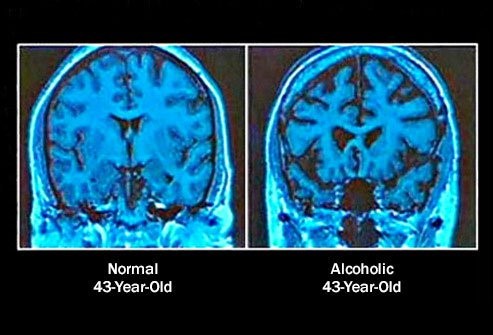
If you drink heavily for a long time, booze can affect how your brain looks and works. Its cells start to change and even get smaller.
Too much alcohol can actually shrink your brain.
And that’ll have big effects on your ability to think, learn, and remember things.
It can also make it harder to keep a steady body temperature and control your movements.
Does It Help You Sleep?
Alcohol’s slow-down effect on your brain can make you drowsy, so you may doze off more easily. But you won’t sleep well.
Your body processes alcohol throughout the night. Once the effects wear off, it leaves you tossing and turning.
You don’t get that good REM sleep your body needs to feel restored.
And you’re more likely to have nightmares and vivid dreams.
You’ll also probably wake up more often for trips to the bathroom.
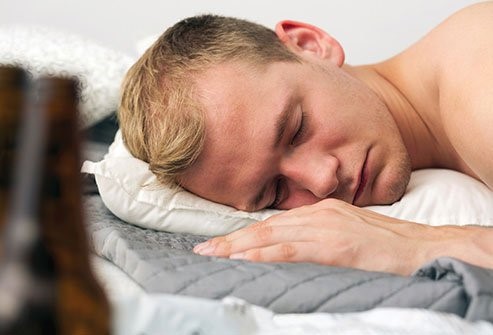
More Stomach Acid
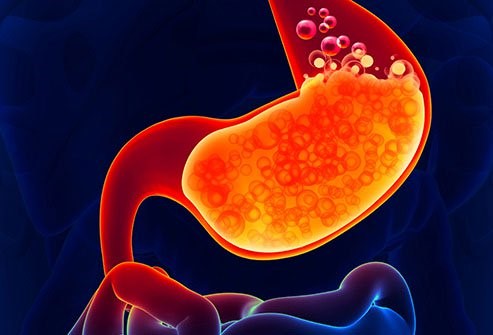
Booze irritates the lining of your stomach and makes your digestive juices flow.
When enough acid and alcohol build up, you get nauseated and you may throw up.
Years of heavy drinking can cause painful sores called ulcers in your stomach.
And high levels of stomach juices mean you won’t feel hungry.
That’s one reason long-term drinkers often don’t get all the nutrients they need.
Diarrhea and Heartburn
Your small intestine and colon get irritated, too. Alcohol throws off the normal speed that food moves through them.
That’s why hard drinking can lead to diarrhea, which can turn into a long-term problem.
It also makes heartburn more likely – it relaxes the muscle that keeps acid out of your esophagus, the tube that connects your mouth and stomach.- GERD = Gastro Esophageal Reflux Disease , if chronic may lead to Stomach Cancer
Why You Have to Pee…Again
Your brain gives off a hormone that keeps your kidneys from making too much urine.
But when alcohol swings into action, it tells your brain to hold off.
That means you have to go more often, which can leave you dehydrated.
When you drink heavily for years, that extra workload and the toxic effects of alcohol can wear your kidneys down.
The Steps to Liver Disease
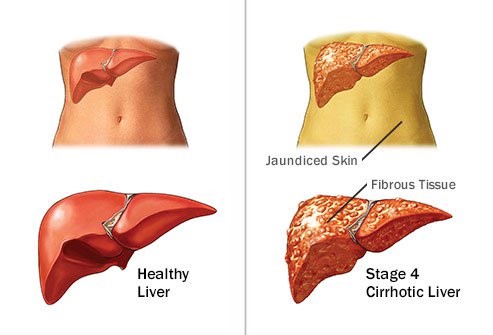
Your liver breaks down almost all the alcohol you drink. In the process, it handles a lot of toxins.
Over time, heavy drinking makes the organ fatty and thicker, fibrous tissue builds up. That limits blood flow, so liver cells don’t get what they need to survive.
As they die off, the liver gets scars and stops working as well, a disease called cirrhosis.
This may lead to increased pressure in blood pressure in the liver , causing rupture of veins in the stomach, and bleeding – causing death.
Pancreas Damage and Diabetes
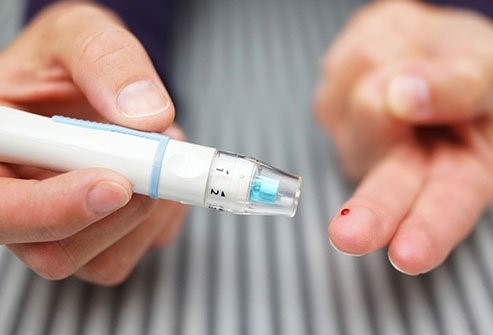
Normally, this organ makes insulin and other chemicals that help your intestines break down food.
But alcohol jams that process up. The chemicals stay inside the pancreas.
Along with toxins from alcohol, they cause inflammation in the organ, which can lead to serious damage.
After years, that means you won’t be able to make the insulin you need, which can lead to diabetes.
It also makes you more likely to get pancreatic cancer.
What’s a Hangover?
That cotton-mouthed, bleary-eyed morning-after is no accident. Alcohol makes you dehydrated and makes blood vessels in your body and brain expand.
That gives you your headache. Your stomach wants to get rid of the toxins and acid that booze churns up, which gives you nausea and vomiting.
And because your liver was so busy processing alcohol, it didn’t release enough sugar into your blood, bringing on weakness and the shakes.
An Offbeat Heart
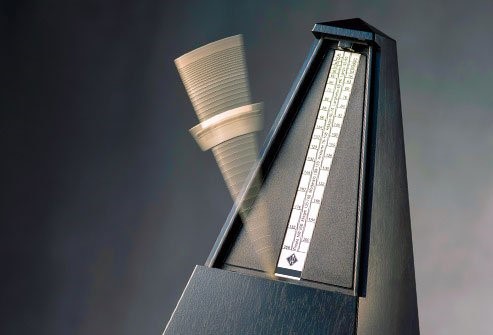
One night of binge drinking can jumble the electrical signals that keep your heart’s rhythm steady.
If you do it for years, you can make those changes permanent. And, alcohol can literally wear your heart out.
Over time, it causes heart muscles to droop and stretch, like an old rubber band.
It can’t pump blood as well, and that impacts every part of your body.
A Change in Body Temperature & BP
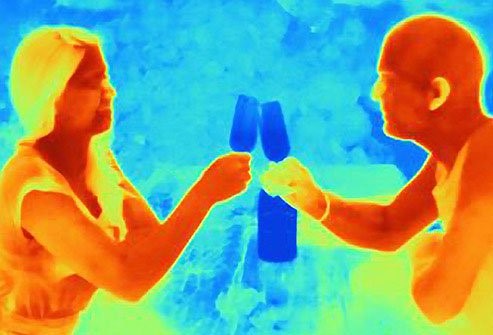
Alcohol widens your blood vessels, making more blood flow to your skin. That makes you blush and feel warm and toasty.
But not for long. The heat from that extra blood passes right out of your body, causing your temperature to drop.
On the other hand, long-term, heavy drinking boosts your blood pressure.
It makes your body release stress hormones that narrow blood vessels, so your heart has to pump harder to push blood through.
A Weaker Immune System

You might not link a cold with a night of drinking, but there might be a connection.
Alcohol puts the brakes on your immune system. Your body can’t make the numbers of white blood cells it needs to fight germs.
So for 24 hours after drinking, you’re more likely to get sick. Long-term, heavy drinkers are much more likely to get illnesses like pneumonia and tuberculosis.
Hormone Havoc
These powerful chemicals manage everything from your sex drive to how fast you digest food. To keep it all going smoothly, you need them in the right balance.
But alcohol throws them out of whack. In women, that can knock your periods off cycle and cause problems getting pregnant.
In men, it can mean trouble getting an erection, a lower sperm count, shrinking testicles, and breast growth.
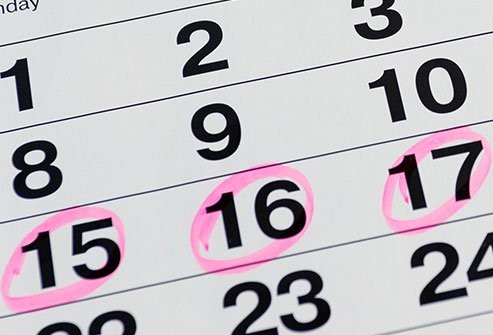
Hearing Loss
Alcohol impacts your hearing, but no ones sure exactly how. It could be that it messes with the part of your brain that processes sound.
Or it might damage the nerves and tiny hairs in your inner ear that help you hear.
However it happens, drinking means you need a sound to be louder so you can hear it.
And that can become permanent. Long-term drinkers often have hearing loss.
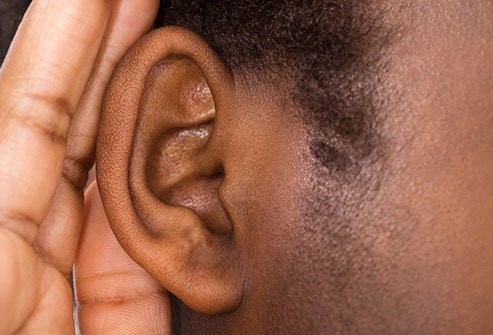
Thin Bones, Less Muscle
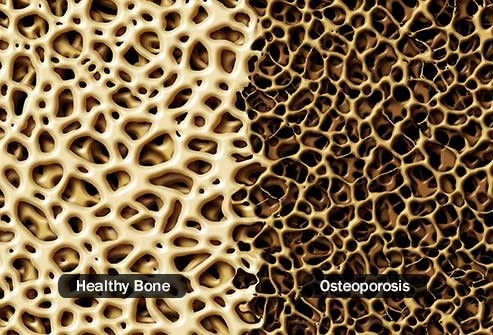
Heavy drinking can throw off your calcium levels. Along with the hormone changes that alcohol triggers, that can keep your body from building new bone.
They get thinner and more fragile, a condition called osteoporosis. Booze also limits blood flow to your muscles and gets in the way of the proteins that build them up.
Over time, you’ll have lower muscle mass and less strength.
by Dr.Gurusamy Asogan. MBBS.,FCGP (India)
General & Family Practitioner (Integrative Medicine )
Universal Care Clinic
W227 – 1st Floor ,Mediiawalk, EPIWALK Complex -Epicentrum-Kuningan South Jakarta 12940
Ph: +62823 10 911 911 . WA +62813 25 911 911
IMAGES PROVIDED BY:
- rez-art / Thinkstock
- Science Source
- KatarzynaBialasiewicz / Thinkstock
- adrian825 / Thinkstock
- champja / Thinkstock
- adrian825 / Thinkstock
- Keith A Pavlik / Medical Images
- BernardaSv / Thinkstock
- txking / Thinkstock
- arrfoto / Thinkstock
- Joseph Giacomin
- Wavebreakmedia Ltd / Thinkstock
- Ru_Foto / Thinkstock
- AndreyPopov / Thinkstock
- wildpixel / Thinkstock
REFERENCES:
- Auburn University, Health Promotion and Wellness Services: “Alcohol and Your Body.”
- NIH, National Institute on Alcohol Abuse and Alcoholism: “Beyond the Hangover,” “Alcohol’s Effects on the Body,” “Alcohol’s Effects on Female Reproductive Function.”
- NIH, Alcohol and Health Research World, “Alcohol’s Role in Gastrointestinal Tract Disorders.”
- CollegeDrinkingPrevention.gov: “Alcohol and You: An Interactive Body.”
- Cleveland Clinic: “Why You Should Limit Alcohol Before Bed for Better Sleep,” “Adults + Booze = Bedwetting? Here’s Why It Happens to You.”
- Sleep.org: “Alcohol’s Effects on Sleep.”
- National Sleep Foundation: “HOW ALCOHOL AFFECTS THE QUALITY—AND QUANTITY—OF SLEEP.”
- Drugs.ie: “How Alcohol Affects the Body.”
- Mayo Clinic: “Alcohol Use Disorder (AUD),” “Hangovers.”
- NHS: “Heartburn and gastro-oesophageal reflux disease (GORD) – Causes.”
- U.S. National Library of Medicine: “The effects of alcohol consumption upon the gastrointestinal tract,” “Alcohol-Related Diarrhea,” “The acute effects of alcohol on auditory thresholds.”
- National Kidney Foundation: “Drinking Alcohol Affects Your Kidneys.”
- Stanford University, Office of Alcohol Policy and Education: “Hangovers.”
- University of Minnesota: “Your Body.”
- Hormone Health Network: “Hormones.”
- CDC: “Fact Sheets – Excessive Alcohol Use and Risks to Women’s Health.”
- West Virginia University, “Long-Term Effects of Alcohol.”
- The University of Sydney: “Alcohol and Hearing.”
- UC San Diego, Student Health Services: “How Alcohol Affects Nutrition and Endurance.”
- American Council on Exercise: “Alcohol Eats Away at Muscle Mass.”





